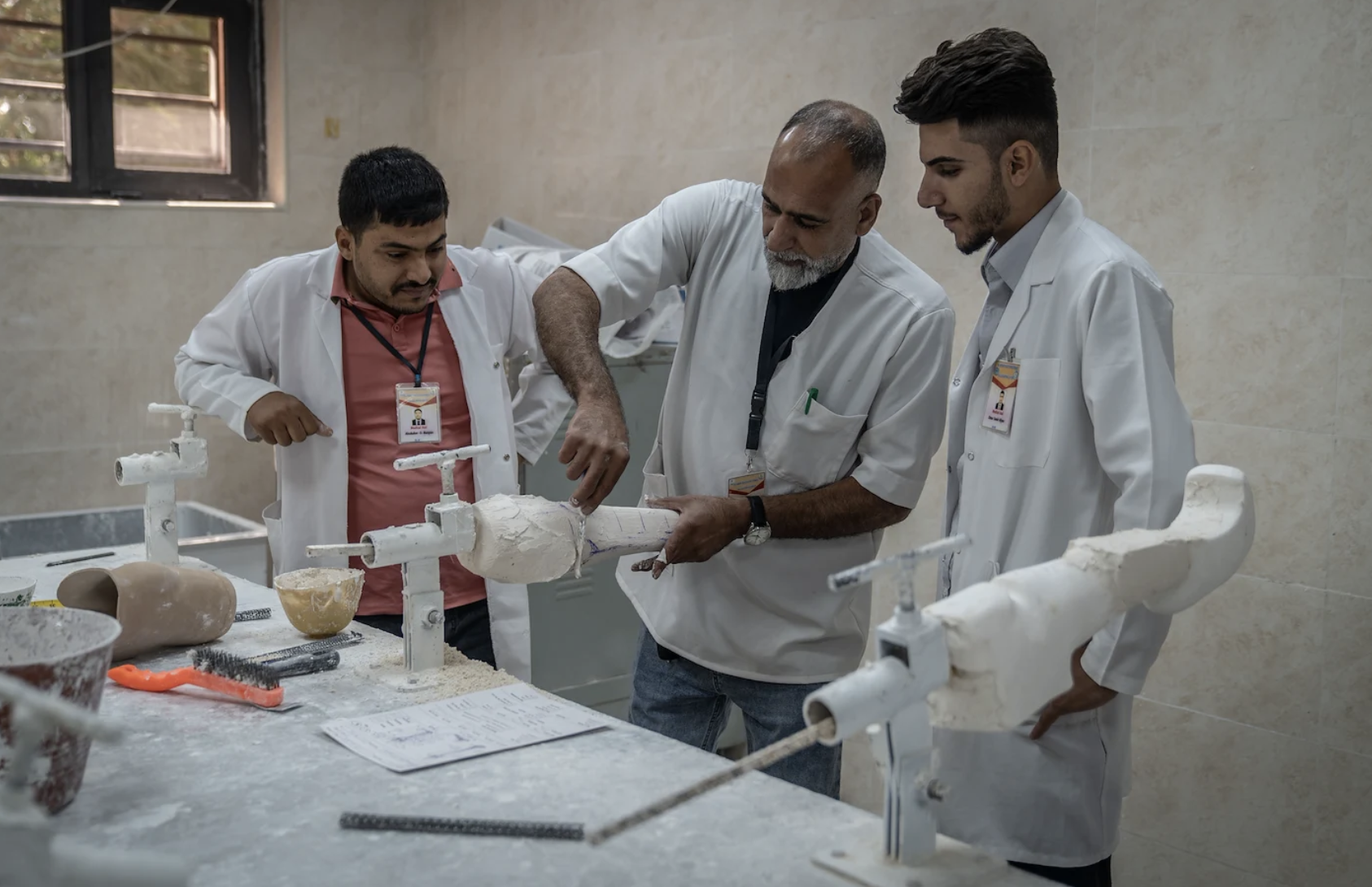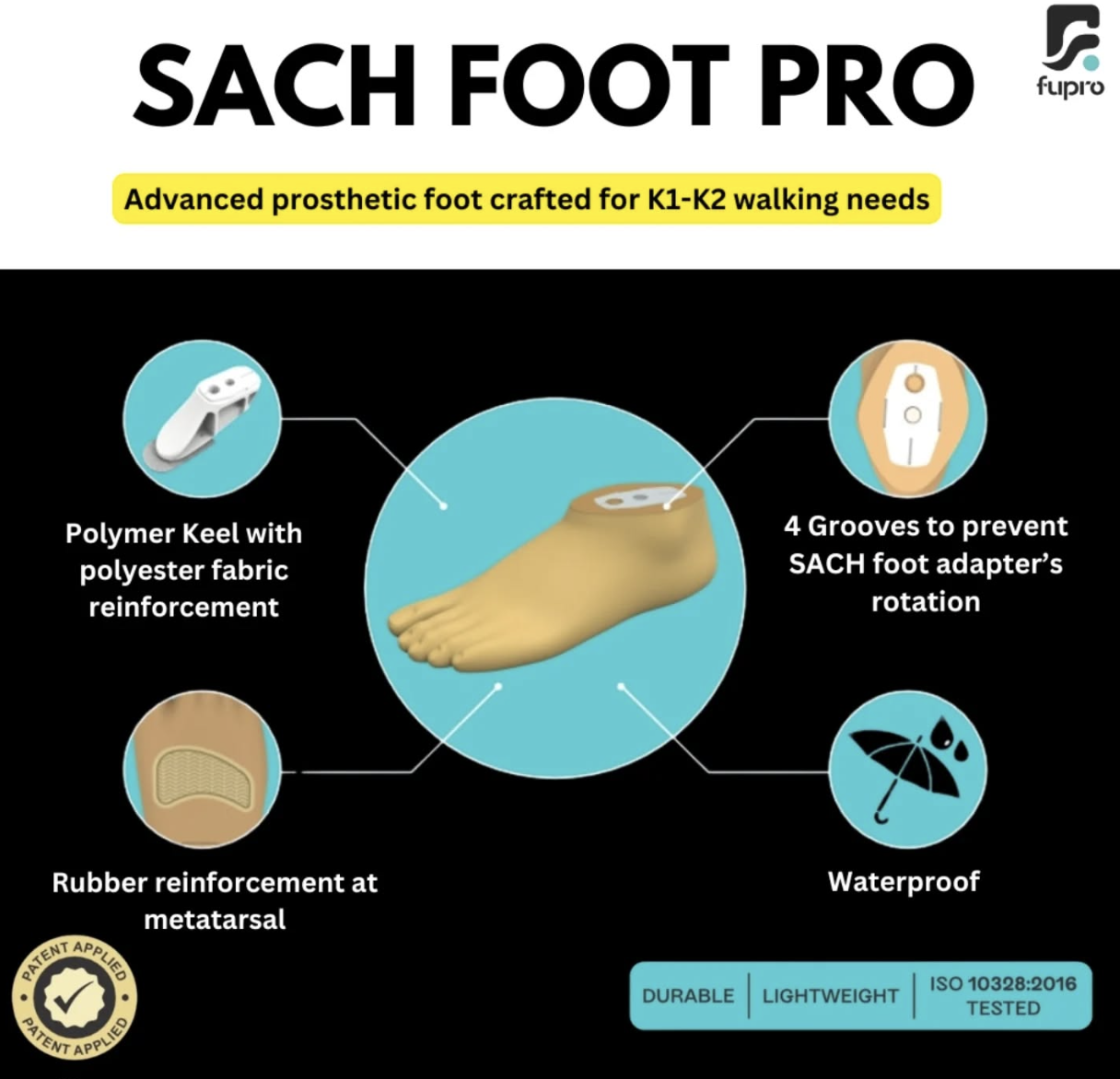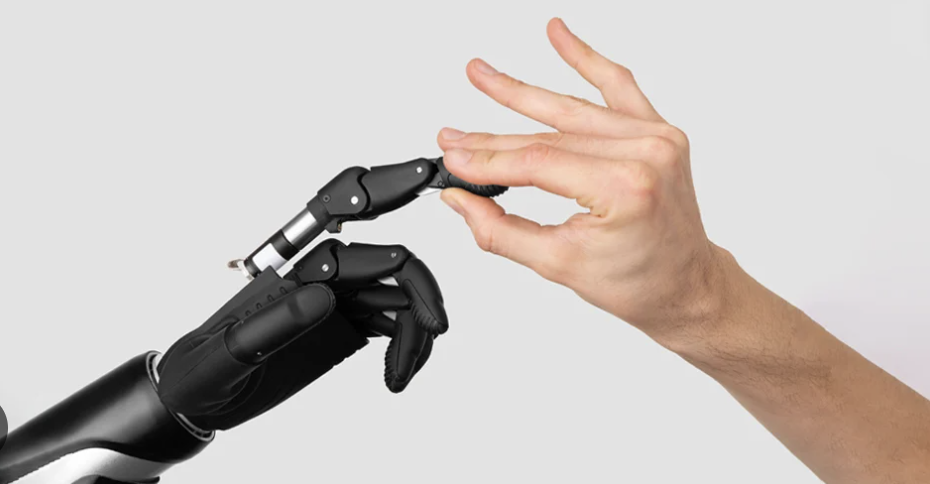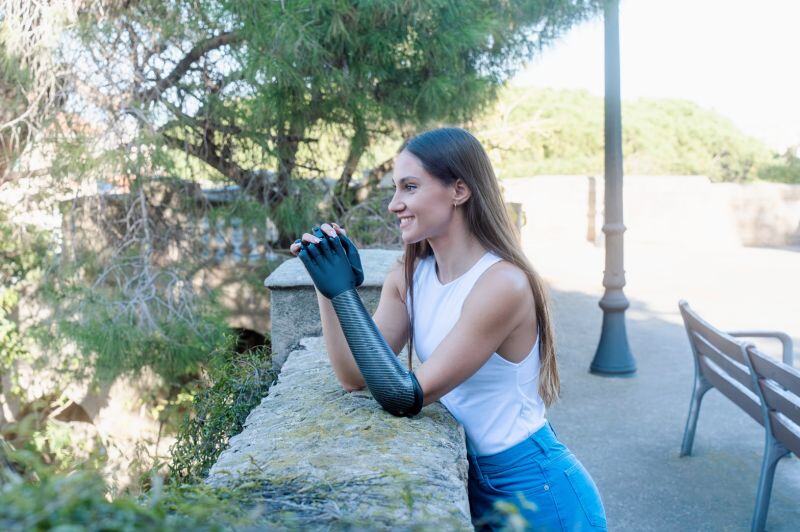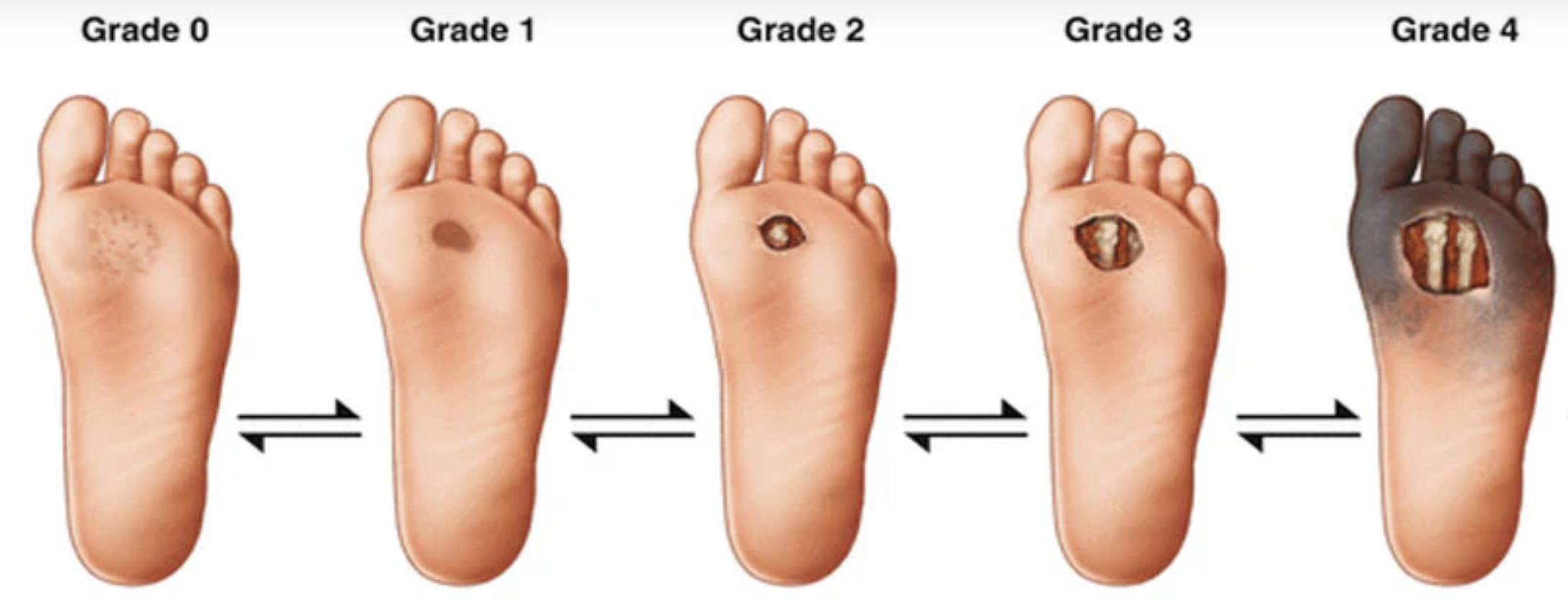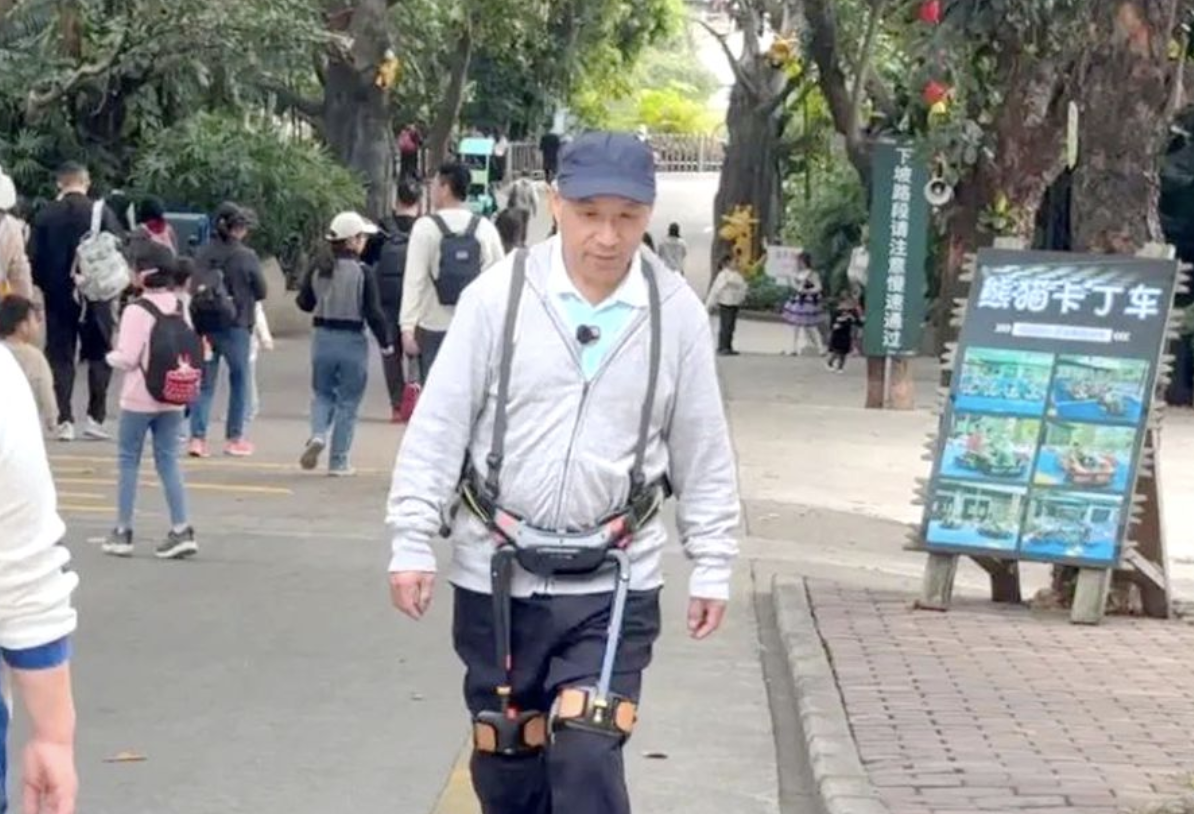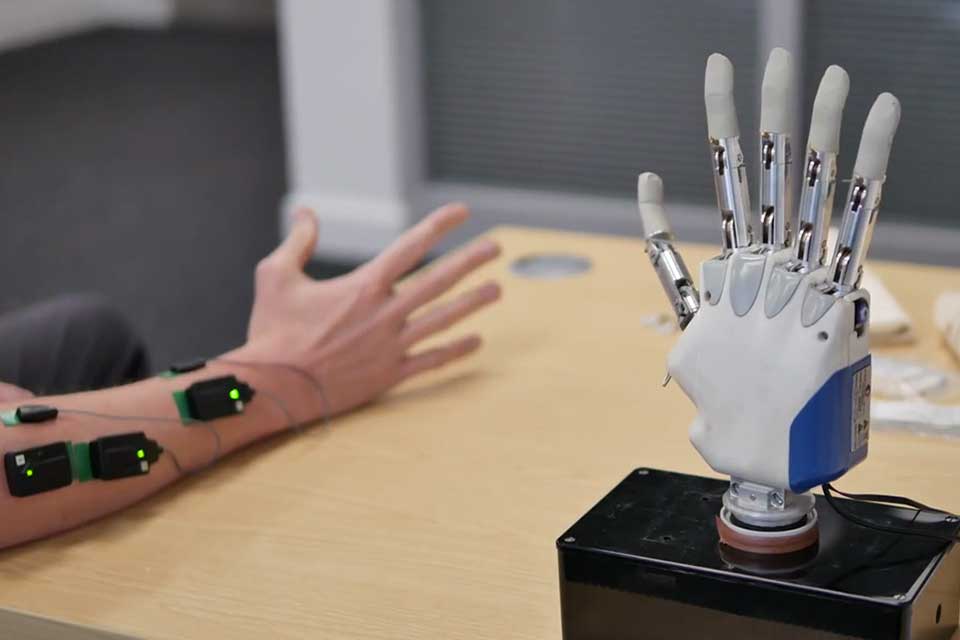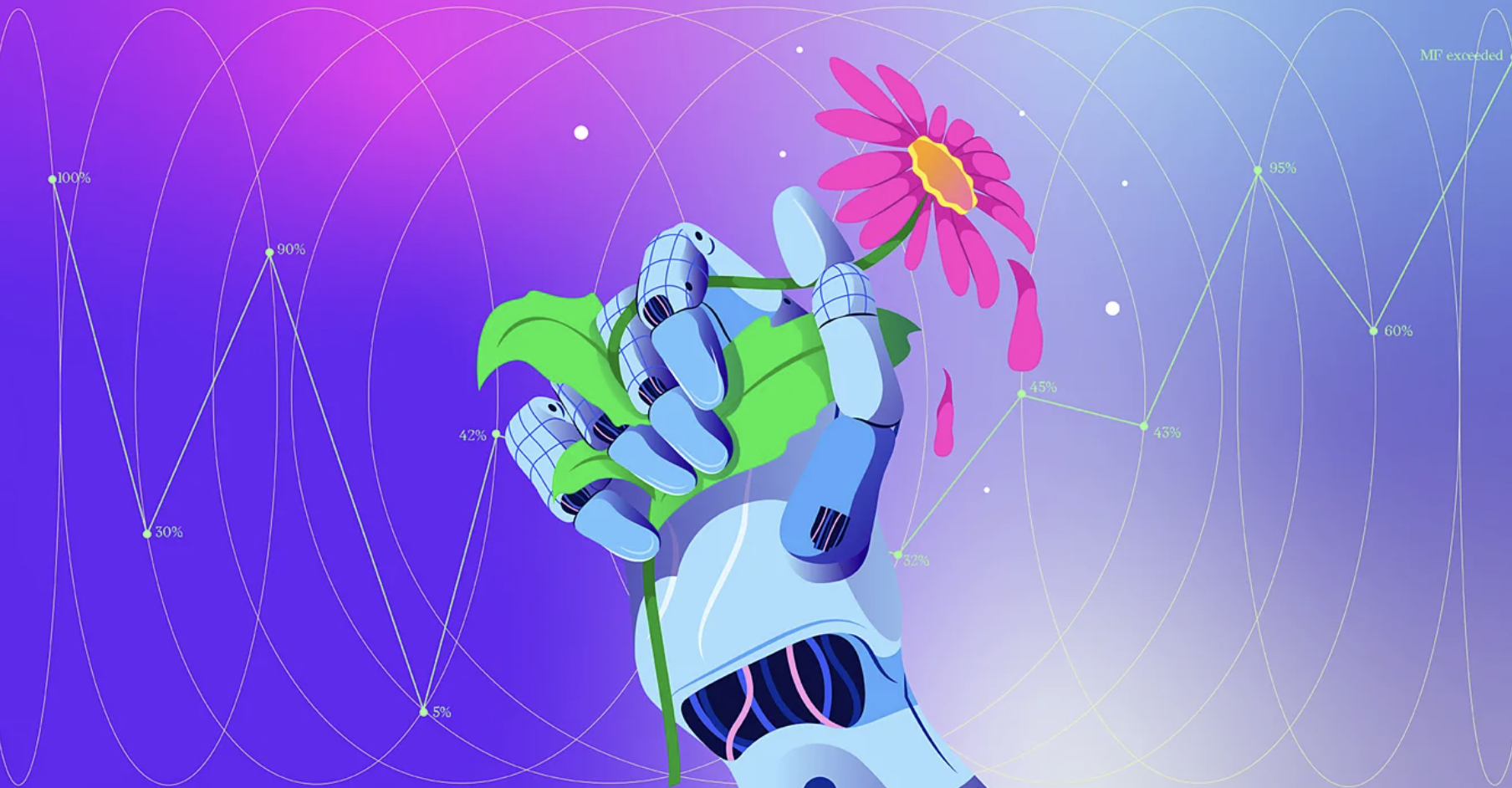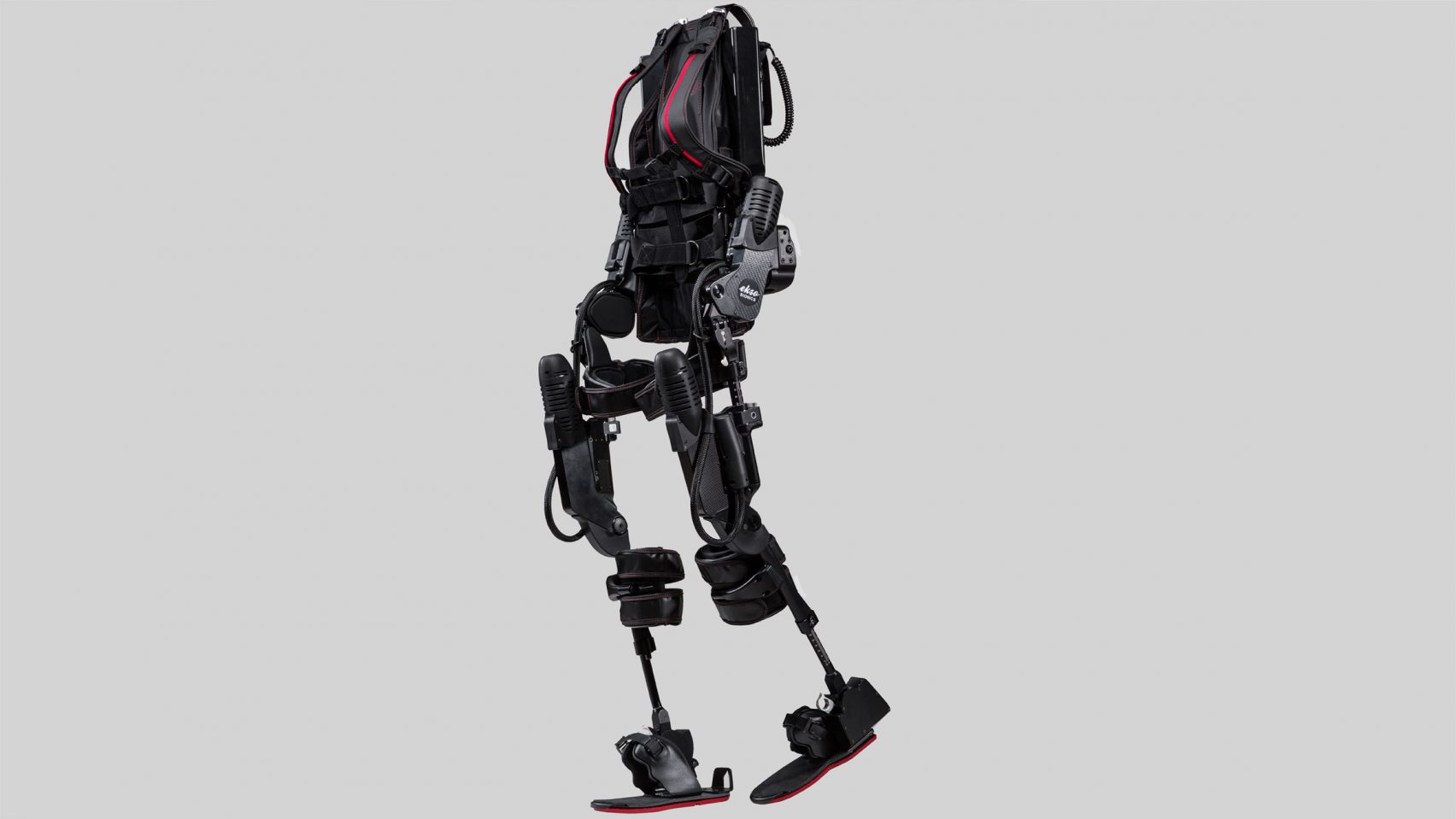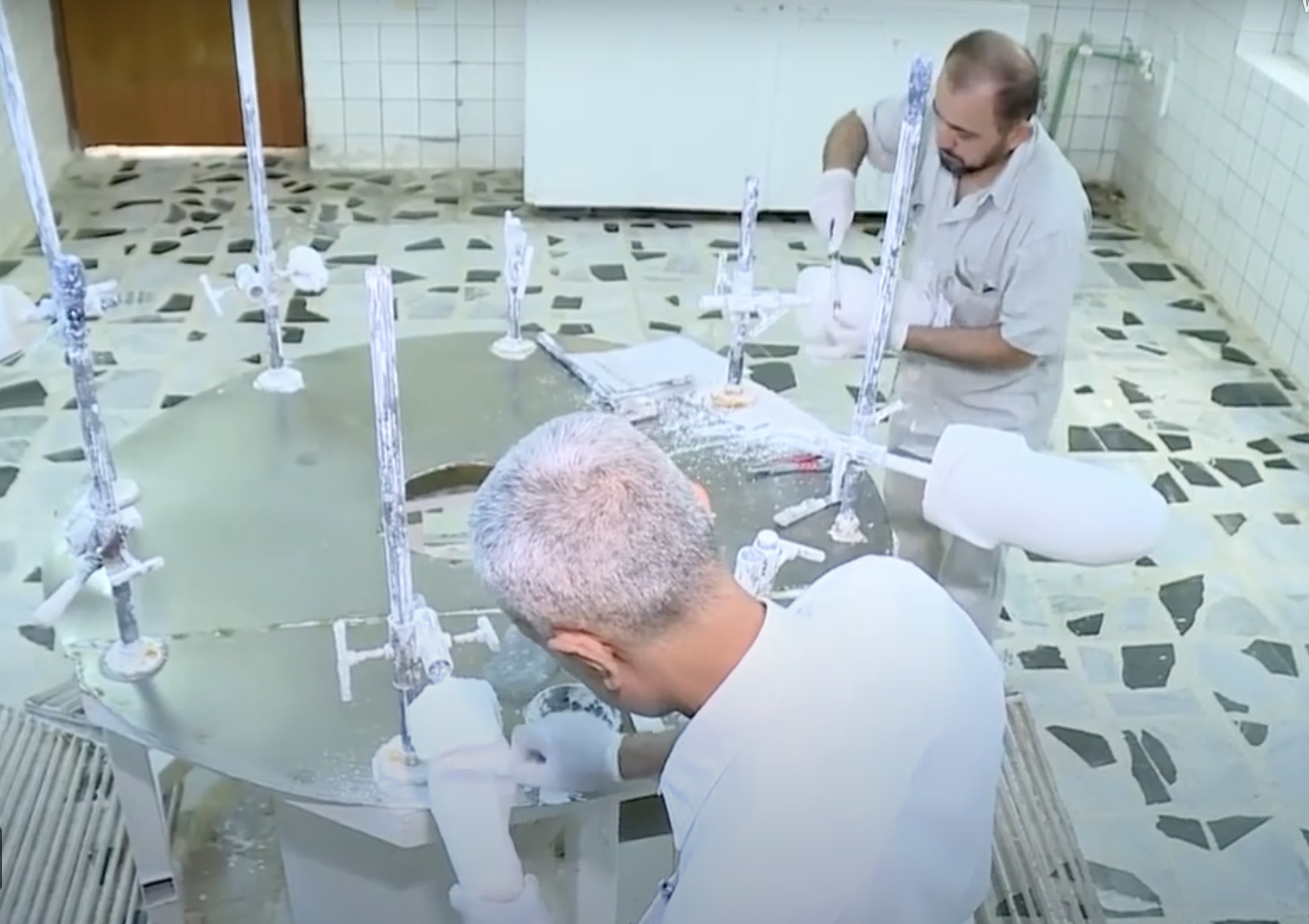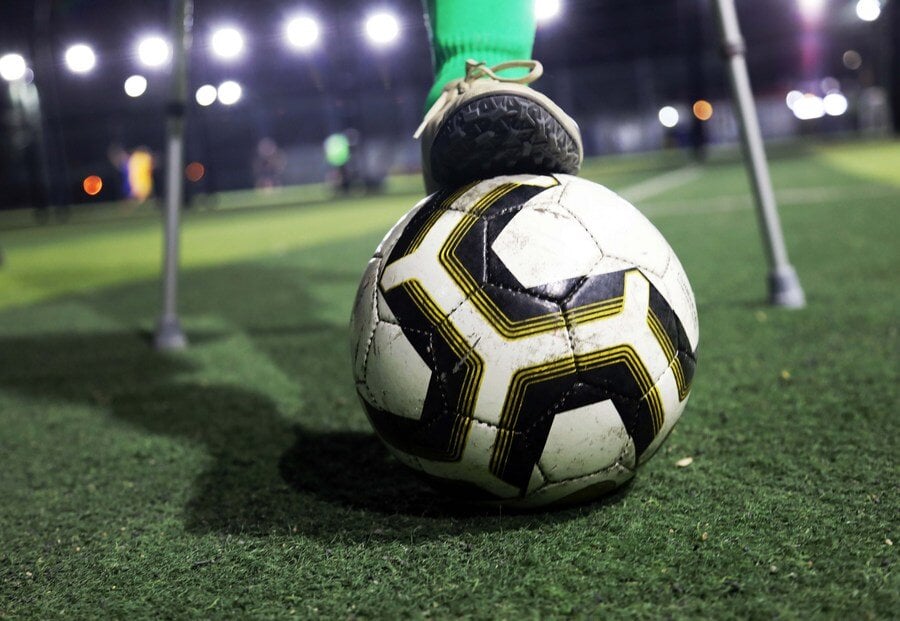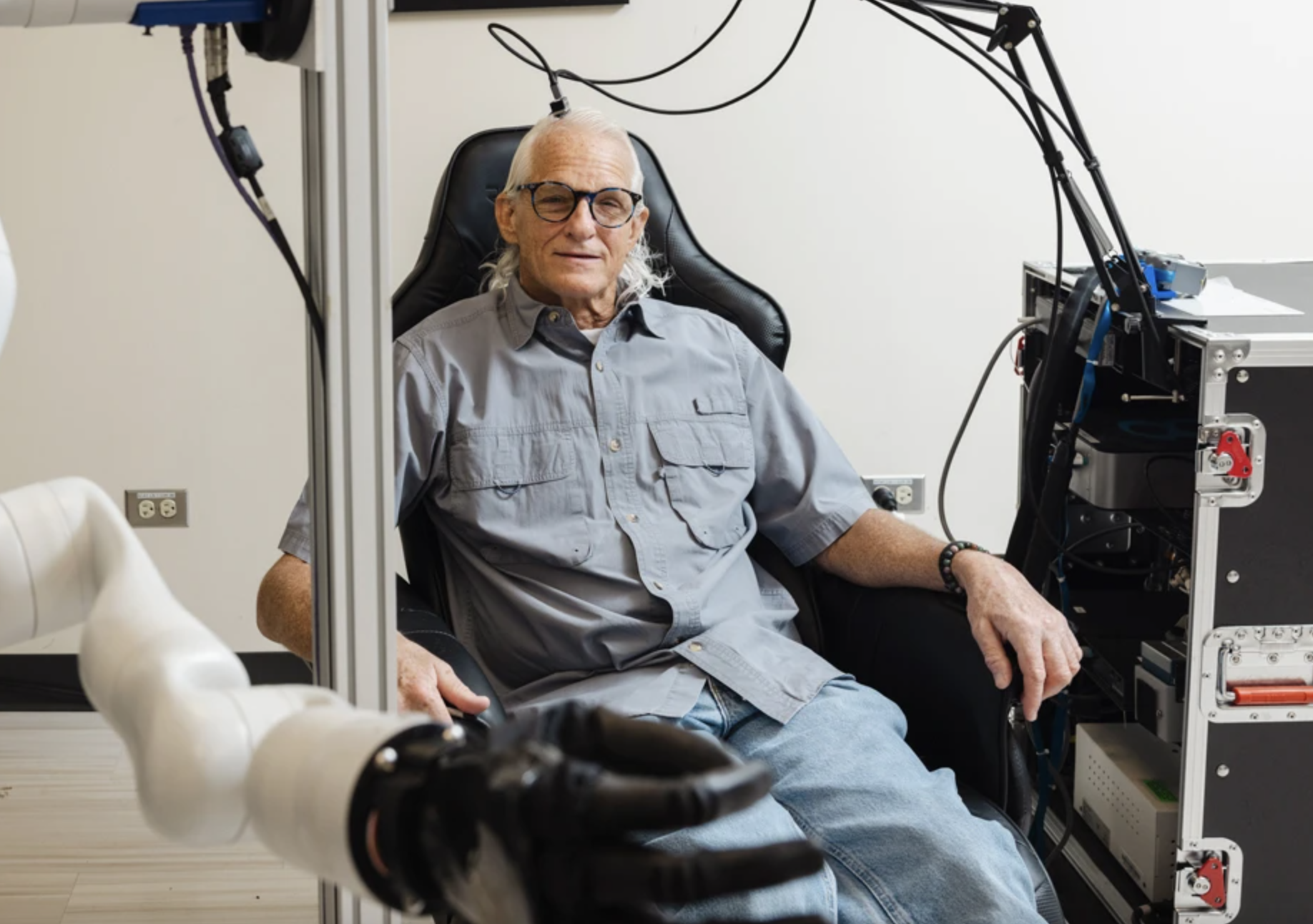The Islamic State in Iraq was defeated by 2017, but its three-year campaign of terror left cities in ruins, displaced millions of people and devastated livelihoods. Determined to overcome this humanitarian crisis, communities, national and local governments, and international partners came together to begin a remarkable recovery, rebuilding homes, restoring essential services and laying the foundations for a stable future.
Central to this effort has been the Funding Facility for Stabilization, established in 2015 with the support of the Iraqi government. UNDP managed this humanitarian initiative, mobilizing over US$1.88 billion from donors. It has resulted in the completion of over 3,700 projects that have improved the lives of nearly 9 million Iraqis. Five million Iraqis have returned home, restarted their livelihoods and reconnected with their communities. The impact is measured not only in numbers but in the stories of lives changed.
“We lived in rubble.”
“All around was fire and shooting,” says Nafiaa, 70, a widow from the Old City of Mosul. She lived in the cellar of her house for eight months during the worst of the fighting. “We got a direct hit, and the roof fell in. All we could do was pray.”
Nearly 140,000 homes were damaged in the conflict, according to the Iraqi government. Two-thirds of schools in the worst-affected areas were damaged or destroyed. People seeking healthcare were in a critical situation, with only 50 percent of health facilities partially operational due to the fierce fighting.
Thousands of tonnes of debris were cleared through emergency employment, allowing UNDP and the Government of Iraq to rebuild infrastructure and housing so that families had the chance to return to their towns and villages. Nafiaa now lives in her new home, provided by a UNDP grant.
Basic services – a community’s lifeline
In a conflict like this, early recovery takes place alongside other assistance such as food aid, protection and healthcare, ultimately reducing the need for humanitarian aid.
Restoring infrastructure enabled daily life to resume. The Al Qadisiyah Substation in Ramadi was heavily damaged during the conflict, leaving thousands without reliable power. The electricity that was restored not only provided light and power to 400,000 people, but it was also a signal of hope.
In Kirkuk, the Irrigation Regulator has been rehabilitated, providing water to 235 villages and supporting agricultural recovery. “Today, farmers in the area have vital water resources needed for agricultural production,” says Dana Ibrahim, a UNDP civil engineer working on the project.
Reopened in 2022, the Falluja Teaching Hospital serves 20,000 patients each month. Among its services is the Prosthetics Centre, where victims of war receive artificial limbs. The hospital manager, Sa’ed Al-Jumaily, says, “Many of the recipients of our prosthetic limbs are victims of the bombs left by Islamic State or from ordnance that was dropped and failed to explode at the time.”
Yassar Salman, 25, lost a leg when a stray missile hit his home. Equipped with a new artificial limb, he will be able to work and regain independence.
“The whole world is flowers”- rebuilding after crisis
Emergency jobs, vocational training and start-up grants have provided people with the tools to revitalize businesses and restore livelihoods.
At the Tikrit Vocational Centre, blacksmith trainer Mohammad Talal Abdul Sattar works to empowering job seekers with new skills. “Our workshops equip participants with the knowledge and abilities to launch their businesses,” he says. “With UNDP loans, graduates can start their own trade. It’s about creating a self-sufficient workforce.”
For Jihan Ali Hussein, a fruit farmer in Diyala, rebuilding her livelihood meant starting over. “When we returned in early 2017, the orchards were burned and the outbuildings destroyed. The remaining orange and lemon trees had died, but thankfully, the date palms survived,” she says. With a loan, Jihan and her family reconnected power lines, bought a refrigeration system and resumed farming. “Now, we export dates to Baghdad and beyond.”
With funding, agricultural engineer Marwa Adib has crossbred worms from India and Iraq which can turn waste materials into natural compost for the farmers and nurseries in Diyala. Not only does the business provide her with a living, it also helps with waste management, environmental protection, and supports sustainable agriculture.
In 2018, baker Bassam returned home to Hamdaniyah and received a grant to purchase an automatic oven. The investment allowed him to increase production, earn more and support his family. Hamdaniyah saw its population drop from 6,000 to 2,000 people. Bassam sees his work as contributing to the recovery of his hometown. He says, “The whole world is flowers, but here, this is the best environment.”
Fostering healing through mental health and psychosocial support
Early recovery goes beyond rebuilding infrastructure, jobs, and livelihoods. It is about healing trauma, fostering inclusion and restoring a shared sense of community.
For Hanin Ibrahim Hussein, a psychologist from Mosul, returning to help others was deeply personal. Smuggled out of the city with her father, she feared she might never see him again. “It was the most terrifying time of my life,” she says. “When he told me he had to return to Mosul to get my mother and brothers to safety, I thought I was never going to see him again.”
After completing her psychology degree in Kirkuk, Hanin returned to Mosul in 2018 to counsel trauma victims at a UNDP-supported primary health centre. Many of those who Hanin helps lived in cities under Islamic State rule or in displacement camps for years.
Restoring cultural identity is equally vital. The Old City Heritage Centre in Mosul, once occupied and destroyed by Islamic State, has been transformed into a museum preserving rare artefacts. As the rubble was cleared, hidden clay vessels stuffed with coins and heirlooms were found — a testament to Mosul’s rich history and resilience.
From tragedy to triumph
Early recovery ensures governments take the lead and gives communities a sense of ownership, while also laying the groundwork towards longer-term solutions from the earliest stages of a crisis.
"Our work in Iraq is about turning survival into stability, ensuring communities don’t just recover but build a future," says Auke Lootsma, Resident Representative, UNDP Iraq.
Much work remains. Over 1 million people are still internally displaced. Iraq has, however, moved out of crisis. Residual humanitarian needs still remain, as the instability regionally has had a local impact on the country. Even then, the country is attempting to focus on strengthening long-term development and peacebuilding. With continued support, Iraq is moving forward—one restored home, one reopened school and one new job at a time. This is a comeback story worth getting behind.
